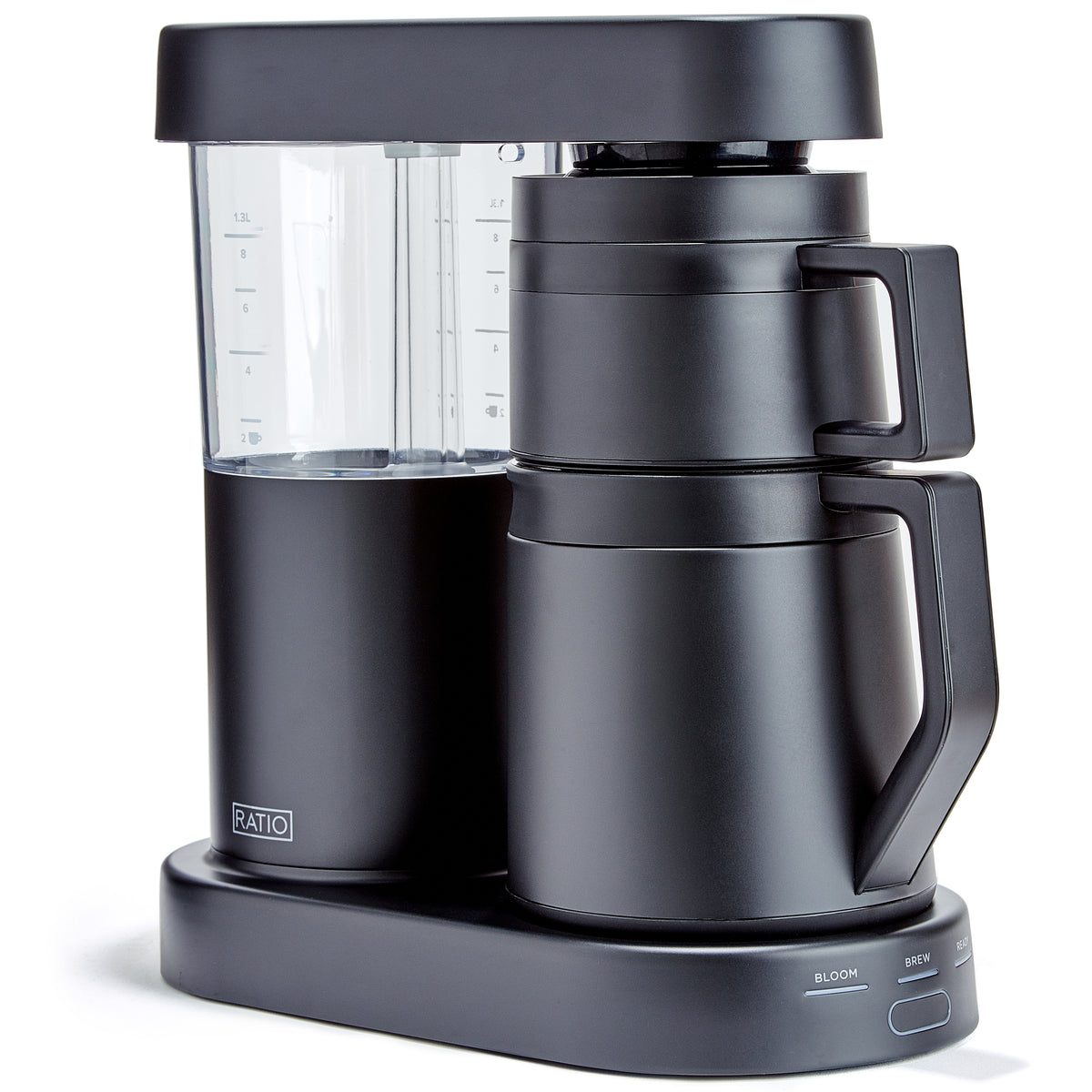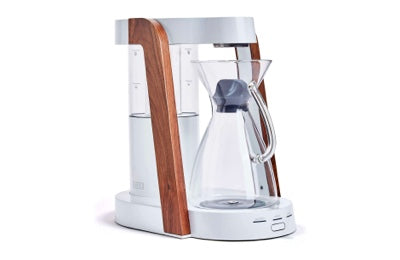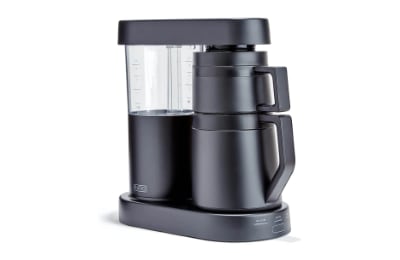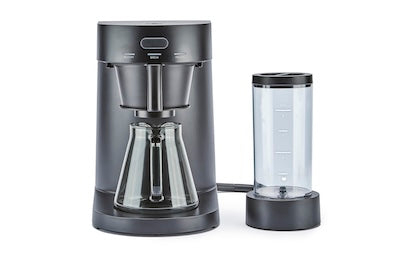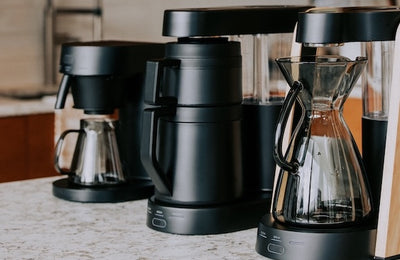Coffee vs. Energy Drinks: Which Is the Better Pick-Me-Up?
When you're on the hunt for a quick energy boost, the choice between coffee and energy drinks often arises. Each has unique attributes that can sway your decision. Coffee, a beloved and time-tested choice, offers a comforting ritual and earthy aroma. You're given control over how much caffeine you consume, based on the strength and size of your cup. A typical eight-ounce serving presents an average caffeine content, making it easier to moderate. Energy drinks, on the other hand, deliver a punchy thirst-quenching experience with their sweet flavors and eye-catching designs. However, the allure of convenience might mask the potential for developing a reliance on these beverages for daily vitality. Balancing enjoyment with health considerations is crucial as you navigate your options in this caffeine landscape.
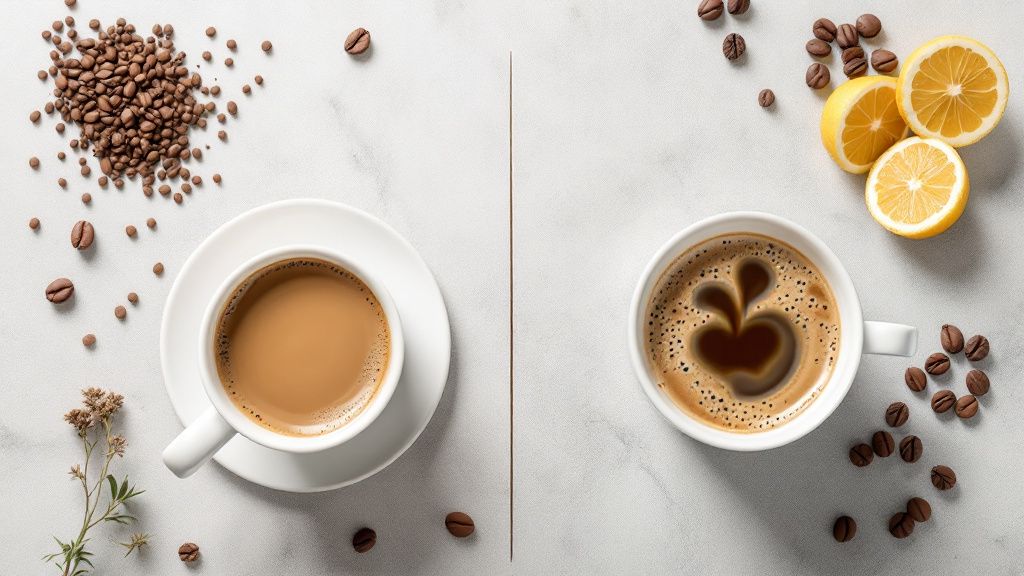
Nutritional Comparison of Coffee and Energy Drinks
When comparing the nutritional profiles of coffee and energy drinks, you might find certain aspects surprising. Coffee is naturally low in calories and devoid of added sugars, making it a straightforward choice if you're monitoring your caloric intake. An eight-ounce serving provides a moderate dose of caffeine, generally around 95 milligrams, contributing to its revitalizing effect without hidden extras.
In contrast, energy drinks often contain sugars or artificial sweeteners alongside caffeine to enhance flavor. These drinks may also include vitamins and amino acids like taurine, which are marketed to boost your energy and focus throughout the day. However, it's essential to be aware of the other additives and the extra calories they may contribute to your daily intake.
One of the most frequently asked questions about caffeine in beverages is, how much caffeine in coffee versus an energy drink? A typical energy drink can contain anywhere from 70 to over 200 milligrams of caffeine per serving, meaning they might pack a more significant punch than your average coffee cup, depending on the brand.
As you weigh these options for your pick-me-up routine, consider the balance between energy needs and nutritional content. Exploring the best energy drinks requires an understanding of their potential impact on your lifestyle and health, especially if you want to avoid developing a coffee addiction or reliance on such beverages.
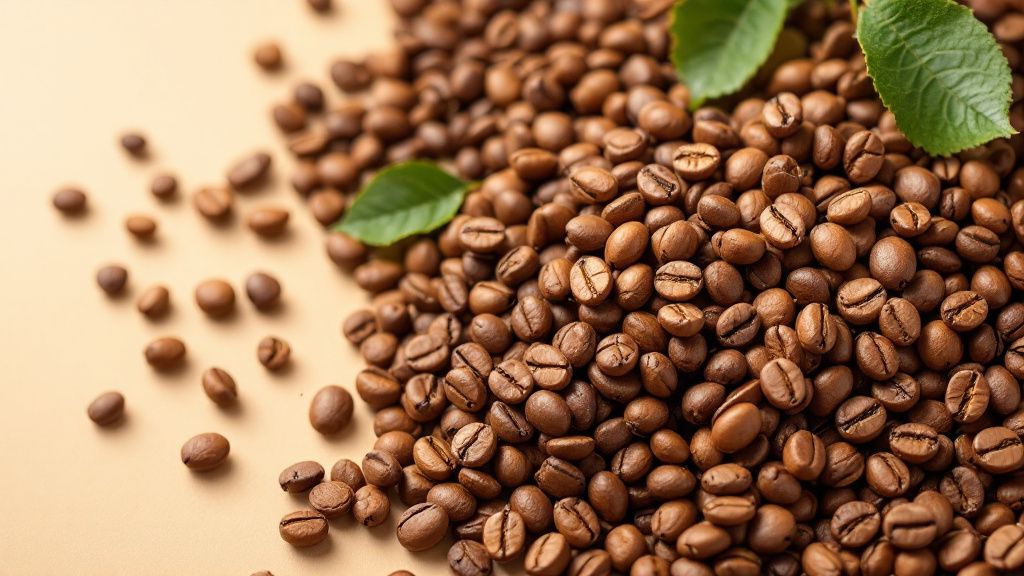
Health Benefits of Coffee
Coffee offers a range of health benefits that might make it an appealing choice for your daily energy needs. Rich in antioxidants, coffee can help your body combat oxidative stress and inflammation, contributing to overall well-being. The presence of chlorogenic acids in coffee is thought to aid in reducing inflammation in the body, potentially lowering the risk of developing chronic diseases.
Did you know that research shows regular coffee drinkers have a 25% lower risk of developing type 2 diabetes? This statistic indicates the impact of coffee consumption on maintaining metabolic health. The antioxidants found in coffee can improve insulin sensitivity, promoting more efficient glucose processing.
Regular coffee consumption is even linked to supporting brain health. Studies suggest that moderate coffee intake can enhance cognitive function, reduce the risk of neurodegenerative diseases, and improve mood. Plus, understanding how much caffeine in coffee contributes to mental clarity and alertness can help tailor your consumption for maximal focus.
Considering your daily energy sources, coffee offers a unique set of health advantages while being relatively low in calories. With no added sugars or artificial ingredients, it stands as a healthy option compared to some of the best energy drinks on the market. However, it's important to keep coffee consumption in check to avoid any potential coffee addiction, ensuring it remains a beneficial component of your routine.
Health Risks Associated with Energy Drinks
Energy drinks, while effective for a quick boost, come with potential health risks that you should consider. They often contain high levels of caffeine, which can lead to adverse effects if consumed excessively. Symptoms such as jitteriness, heart palpitations, and increased blood pressure can arise if you're not careful with your intake, making moderation essential for maintaining health.
While many believe that energy drinks are necessary for enhanced performance, there's a strong case for the risks associated with their overuse. The added sugars and artificial ingredients in these drinks can contribute to weight gain and potential metabolic issues. This counterargument highlights the importance of understanding the ingredients and their long-term impact on your body.
For those wondering how energy drinks compare to how much caffeine in coffee, it's crucial to note their variance. An energy drink may pack a significantly higher caffeine punch than a standard coffee serving, potentially leading to dependency or heightened anxiety. As a result, balancing your energy sources is key to avoiding negative outcomes.
Considering the best energy drinks available, awareness of the health risks can guide your choices. Developing a reliance on these drinks for energy may inadvertently lead to a form of addiction, affecting your daily wellness. Understanding the risks empowers you to make informed decisions on their role in your lifestyle.

Personal Preferences and Lifestyle Factors
Your choice between coffee and energy drinks often hinges on personal preferences and lifestyle factors. If you're a fan of the comforting ritual associated with brewing coffee and savoring its rich taste, you might lean towards starting your day with a cup of joe. Coffee can seamlessly integrate into a slower-paced lifestyle where aroma and warmth play a significant role.
The current state of beverage consumption trends shows an increasing shift towards convenience and functionality, particularly among busy individuals and younger demographics. Energy drinks often appeal with their portability and immediate energy boost, catering to those who prioritize quick hits of energy over leisurely sipping. These patterns illustrate changing habits in how you might choose your pick-me-up.
Your lifestyle choices could also be influenced by concerns over how much caffeine in coffee versus energy drinks affects your health. If you're wary about coffee addiction, selecting beverages with controlled caffeine content might be a priority. Tailoring your choice to fit within your daily routines and personal values can ensure your energy source aligns with your broader lifestyle goals.
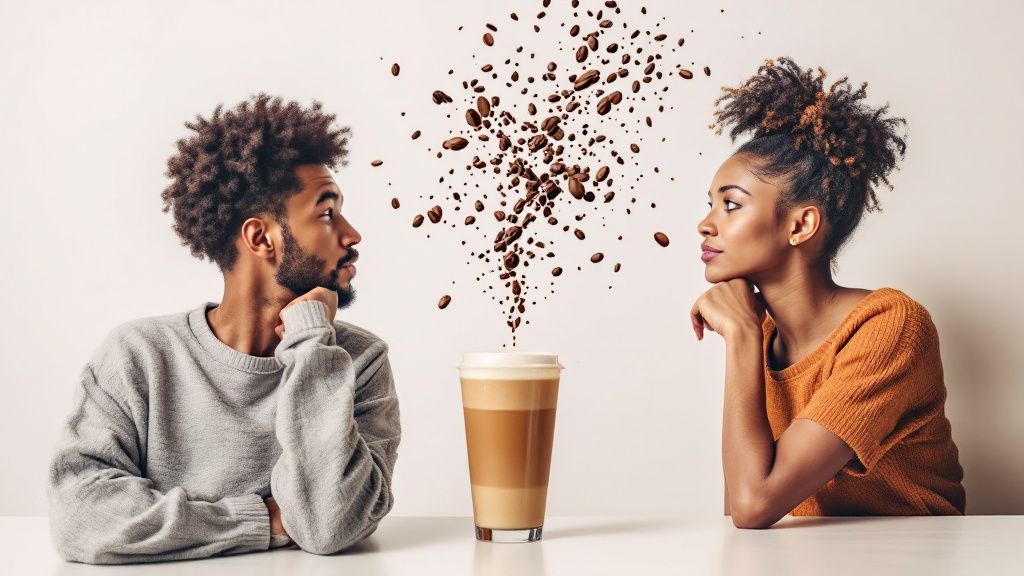
Making the Right Choice for You
Choosing between coffee and energy drinks can feel daunting, especially when considering your unique needs and daily demands. One challenge is determining how much caffeine in coffee or energy drinks aligns with your health goals and lifestyle commitments. You might worry about the risks of coffee addiction or become anxious over the high caffeine doses often found in energy drinks. This issue can be addressed through careful moderation and informed decisions, allowing you to enjoy the benefits while minimizing potential downsides.
When weighing your options for the best pick-me-up, consider factors like convenience, taste preferences, and your usual routine. Coffee offers a warm and traditional experience, ideal for those who cherish a moment of reflection along with their energy boost. Energy drinks fit well into fast-paced environments where you need a quick, reliable surge of alertness. Being mindful of ingredients and caffeine content can help you tailor your choices to align with personal health and wellness objectives. Making an informed decision ensures that your choice not only meets your immediate energy needs but also supports long-term well-being.
 Ratio Eight
Ratio Eight
 Ratio Six
Ratio Six
 Ratio Four
Ratio Four
 Compare Machines
Compare Machines

